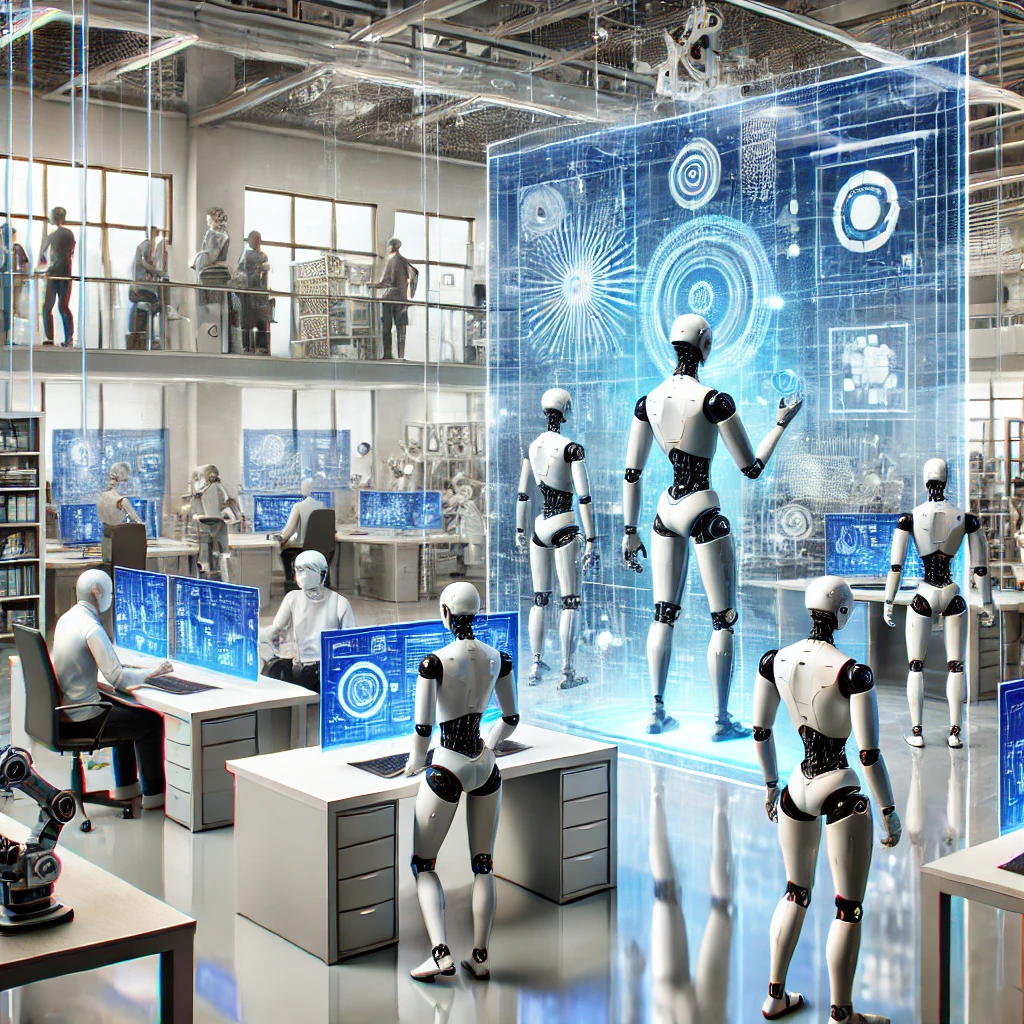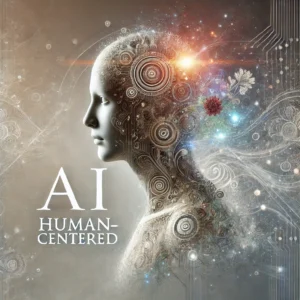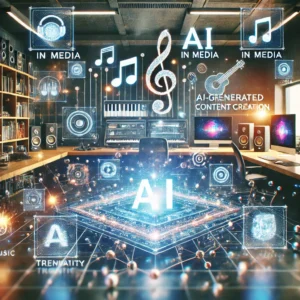
The future of work is undergoing a significant transformation, thanks to the rapid advancement of artificial intelligence (AI). As AI technology continues to evolve, it’s changing the way industries operate, creating new job opportunities, and enhancing productivity. From automating repetitive tasks to augmenting human capabilities, AI is revolutionizing the way we work.
AI in the Workplace: Benefits and Challenges
The integration of AI in the workplace has numerous benefits, including:
Increased efficiency: AI can automate routine tasks, freeing up human workers to focus on more complex and creative tasks.
Improved accuracy: AI can reduce errors and improve the accuracy of tasks, leading to higher quality outcomes.
Enhanced decision-making: AI can analyze vast amounts of data, providing insights that can inform better decision-making.
However, the integration of AI in the workplace also presents challenges, such as:
Job displacement: AI automation could displace certain jobs, particularly those with repetitive tasks.
Need for new skills: Workers may need to develop new skills to work effectively with AI systems.
Bias and fairness: AI systems can perpetuate existing biases if they’re trained on biased data.
Industries Most Likely to be Impacted by AI
AI is likely to have a significant impact on various industries, including:
Healthcare: AI can help with diagnosis, treatment, and patient care. For example, AI-powered chatbots can help patients with routine queries, while AI-assisted diagnosis can help doctors identify diseases more accurately.
Finance: AI can enhance risk management, fraud detection, and customer service. For example, AI-powered systems can analyze financial data to identify potential risks, while AI-assisted chatbots can help customers with queries.
Manufacturing: AI can optimize production processes, predict maintenance needs, and improve product quality. For example, AI-powered sensors can monitor equipment and predict when maintenance is required, reducing downtime and improving efficiency.

